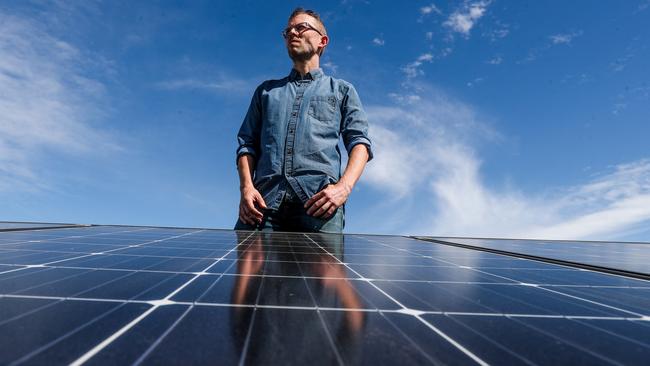How to cash in with your solar system as sunshine returns
Home solar systems are being installed in Australia at an increasing pace, and owners would be wise to listen to the experts’ advice on how to maximise their savings.
SmartDaily
Don't miss out on the headlines from SmartDaily. Followed categories will be added to My News.
Sunshine and longer days are back, and Australia’s fast-growing army of solar powered households is cranking up cash savings.
More than one in five homes have solar panels, with the number of rooftop installations passing 2.5 million this year, and the uptake is increasing.
However, solar is not set and forget, and some households risk missing out on savings.
Solar Quotes CEO Finn Peacock says solar system owners should shop around for an energy retailer that gives them the lowest bill.

“You are looking for a high feed-in tariff, a low usage tariff and a low daily charge,” he says.
“The retailer with the highest feed-in tariff will often also charge high usage rates and vice versa, so you are looking for a good balance.”
Peacock says people with horizontal panels should get them cleaned at least twice a year — if the slope is more than 10 degrees the rain should do the cleaning. “If your system is more than five years old, invest $200 in a professional system check,” he says.
“The installer will spot any issues hurting performance and catch anything that could become a problem down the line.”
Energy finance company Brighte’s CEO, Katherine McConnell, says the cost of solar systems is falling, with some paying for themselves in two to seven years.

McConnell says solar households should understand how and when they are using the most energy, and adjust their behaviour.
“Use an energy management system to determine your peak energy production times and then maximise your energy use at these times,” she says.
“Install a smart meter and look to change your electricity plan.”
Making your home more energy efficient can multiply savings. “Replace your old-style globes with LEDs — they use around 80 per cent less energy and also last four to 10 times longer,” McConnell says.

